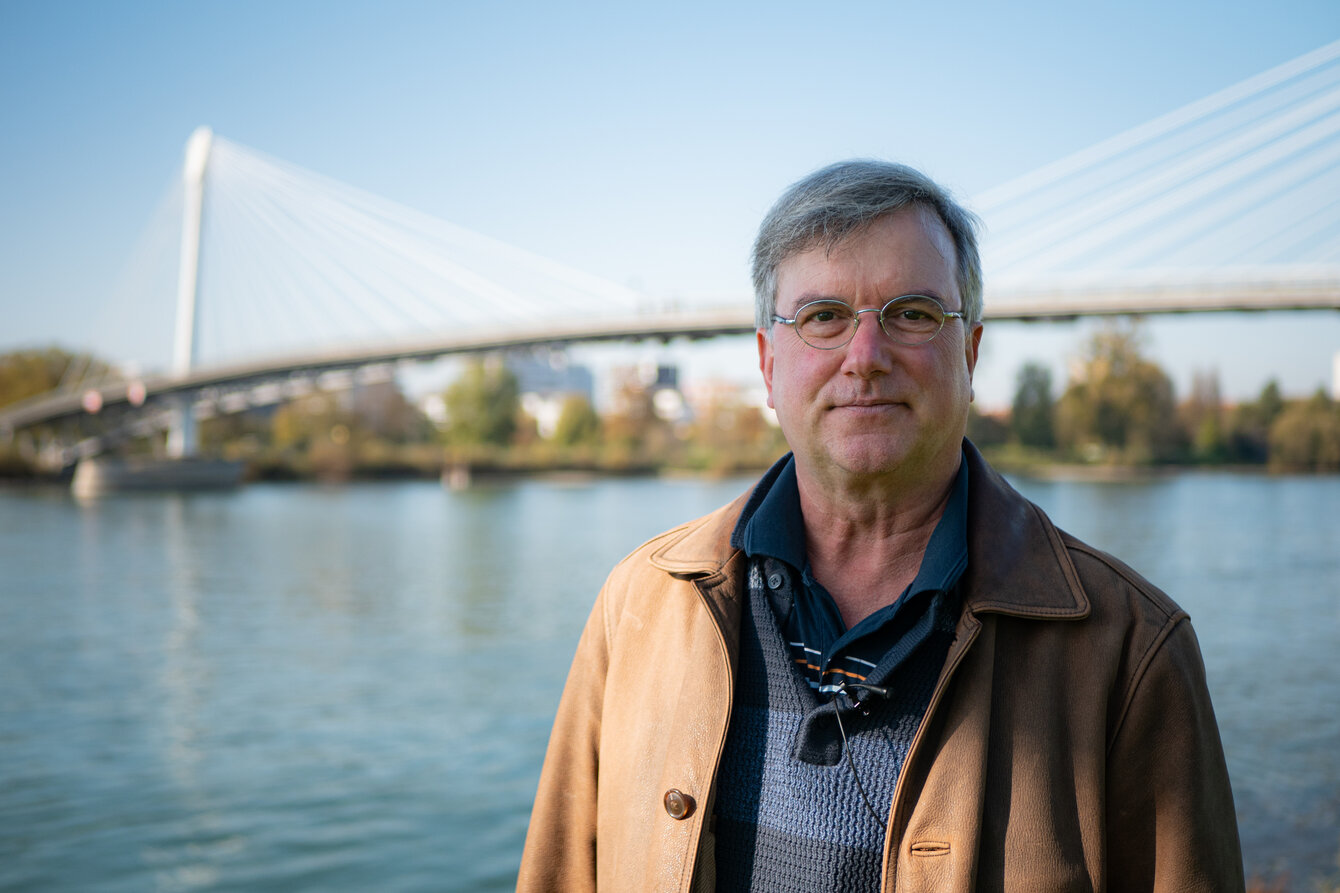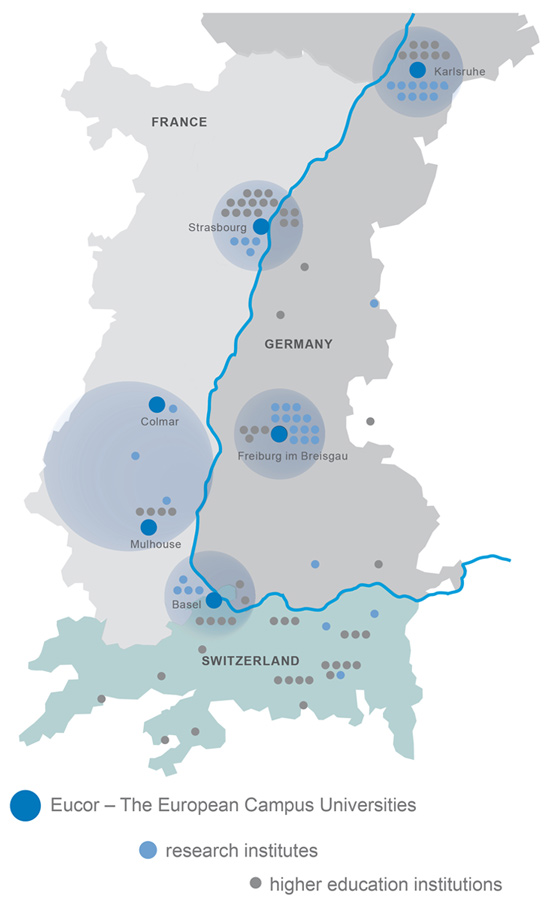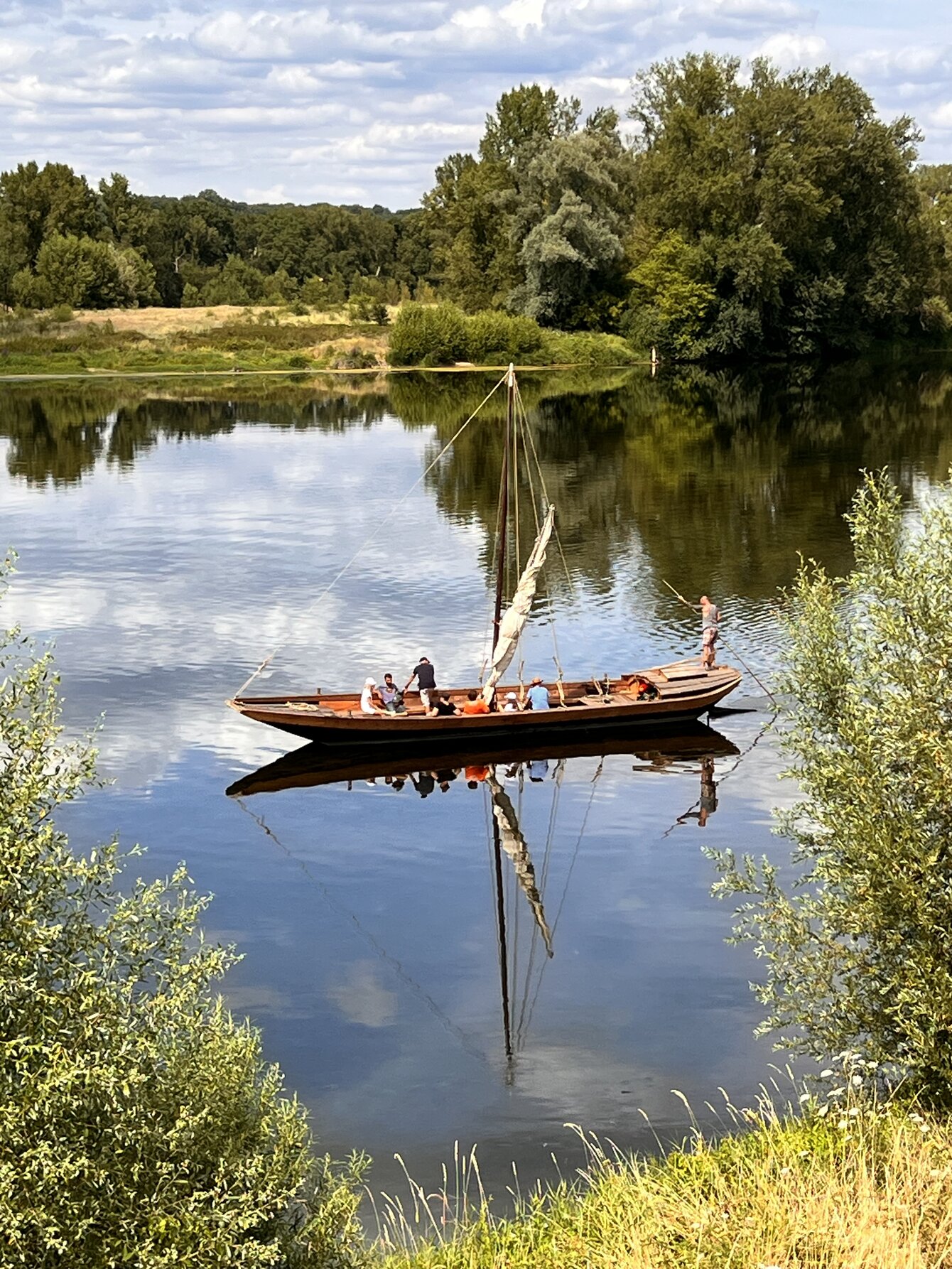Karl Matthias WantzenUNESCO and EUCOR chair holder

EUCOR Chair “Water and Sustainability”
UNESCO Chair “Rivers and Heritage/River Culture”
Full professor in Aquatic Restoration Ecology
Institut Terre et Environnement de Strasbourg (ITES)
(CNRS/ENGEES UMR 7063), University of Strasbourg, France
Institute for Water and Environment (IWU), Karlsruhe Institute for Technology (KIT), Germany
Environmental and Urban Planning department (DAE) Ecole Polytechnique de l'Université de Tours, France (on leave)
Karl Matthias Wantzen holds the UNESCO Chair on “Rivers and Heritage” (River Culture, since 2014) and the transboundary Chair on “Water and Sustainability” by EUCOR – the European Campus (since 2023).
His expertise covers ecology, biodiversity and human nature-interactions, specifically in freshwater socio-ecosystems and their floodplain wetlands. The River Culture Concept (2016), provides an eco-social framework on sustainable riverscape management, documented in the book “River Culture – life as a dance to the rhythm of the Waters” (2023).
As of 2023, he has been appointed by the University of Strasbourg and the Karlsruhe Institut for Technology to coordinate research and training on international and transdisciplinary hydrosystem management, including a MSc. course on “Continental Water Sustainability”.
The Chair follows a transdisciplinary approach, collaborating with different scientific disciplines and private-public partnerships, forming a ‘network of networks’.




